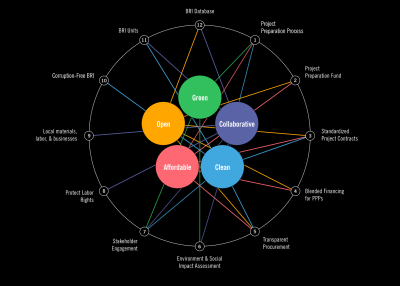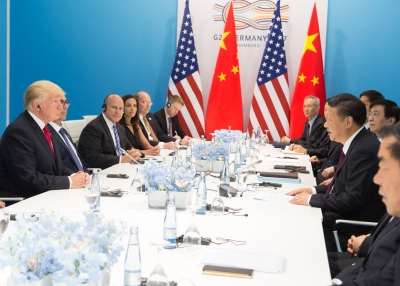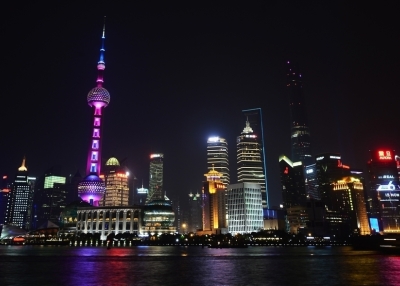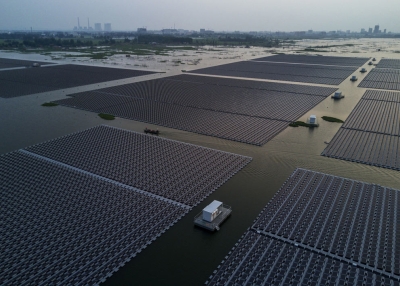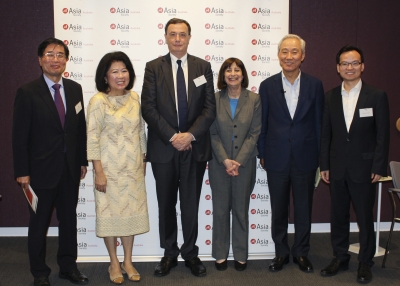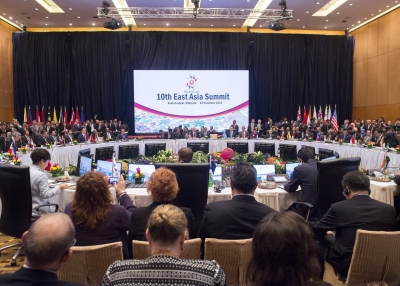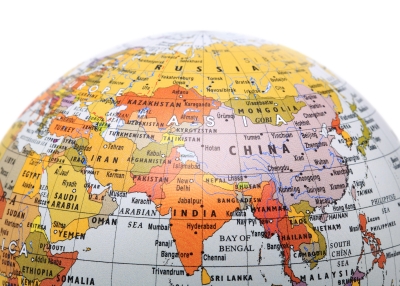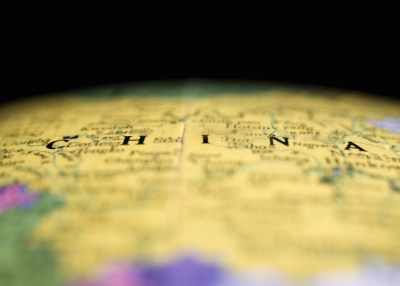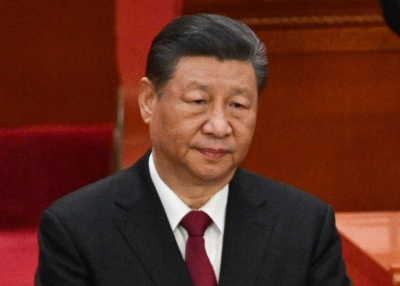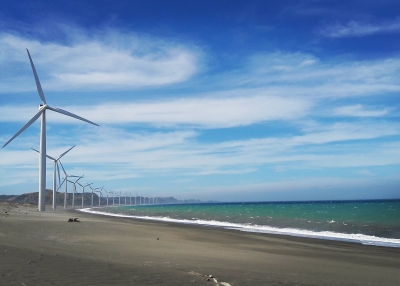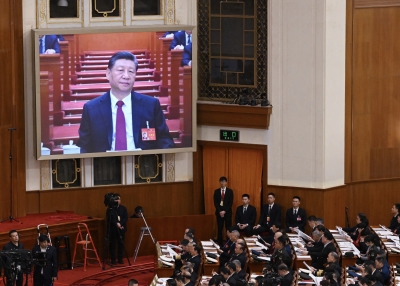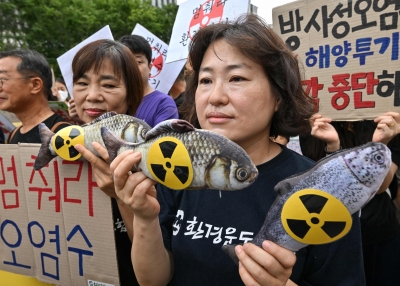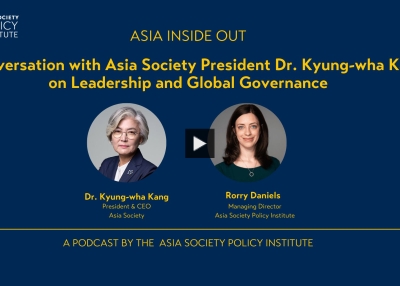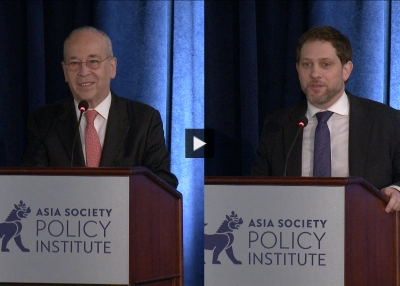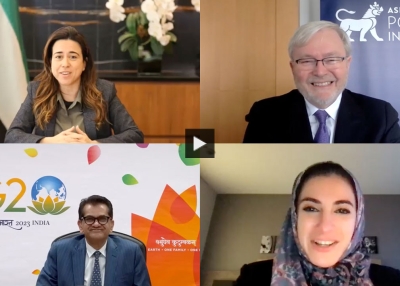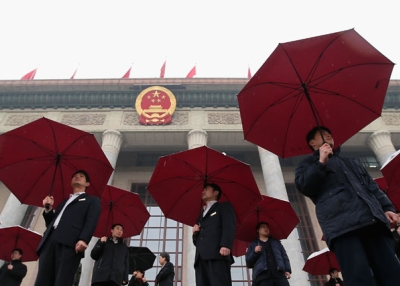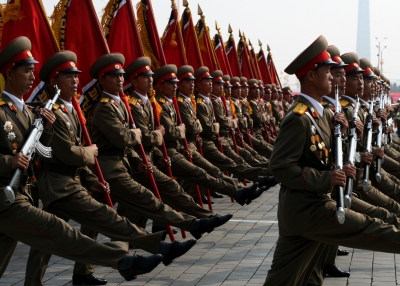
Housing three of the world’s largest economies and most influential nations — China, Japan, and South Korea — as well as Hong Kong, Macau, Mongolia, North Korea, and Taiwan — East Asia is a vital center of gravity in the Asia-Pacific. East Asia’s economic development has transformed the economic and strategic dynamic beyond Asia as well, boosting growth and trade across the globe. At the same time, festering historical disagreements, long-standing instability on the Korean Peninsula, enduring maritime disputes, and China’s growing military power raise a number of security concerns for the region and the world.
ASPI’s work on East Asia focuses on enhancing cooperation and dialogue within the region and between its countries and the United States. It also aims to develop mechanisms to enhance regional security, prosperity, and sustainability. For instance, ASPI is working to create a roadmap for linking carbon markets in China, Japan, and the South Korea to facilitate trilateral cooperation and their emissions reduction efforts. It is also engaged in a major initiative to decrease misperceptions and increase cooperation and trust between the U.S. and China. Through public events and expert commentary, ASPI also furthers understanding of the region in the rest of the world.
Featured Initiatives
Reports
Video
Featured Countries
Commentary
-
articleLizzi C. Lee writes about signals coming out from the Lujiazui Forum in Shanghai and what we can expect from China's upcoming Third Plenum.
-
paperSimona A. Grano analyzes Taiwanese President Lai Ching-te's inauguration speech and how it framed cross-Strait issues, Beijing’s response, and expected differences in the U.S.-PRC-Taiwan relationship between a Biden and Trump presidency.
-
reportGuoguang Wu conducts an in-depth investigation of China’s climate-related policies, politics, governance, and international relations.
-
paperG.A. Donovan breaks down the spiritual pursuits that people in China are seeking to provide relief from stress and unpredictability, and how it has led to an outbreak in criminal activity involving religious fraud and spiritual scams.
-
paperPascale Massot discusses the difficulties of understanding China in today's crucial context and suggests replacing dominant analytical frames with new ones to better capture the country's complexities.
-
articleLizzi C. Lee writes about U.S.-China competition in the electric vehicles (EVs) market and argues that Washington should draw from Beijing’s industrial policies, avoid its pitfalls, and leverage its unique strengths.
-
articleFarwa Aamer and Meera Gopal highlight the key outcomes of the meetings, examining the evolving international financial architecture and reform agenda, with a focus on Asia.
-
paperPatrick Beyrer writes about the reality of competition between United States and China on biotechnology.
-
articleDiana Choyleva writes about why the yuan is more resilient than expected.
-
articleGenevieve Donnellon-May and Zhang Hongzhou write about the New Land Grain Corridor (NLGC) developed by China and Russia and how it could impact global food dynamics.
-
articleLizzi C. Lee writes about the faltering property market in China and the effectiveness of new proposed measures by the Politburo.
-
articleBetty Wang analyzes how climate issues have shown up in recent elections in Asia and how electoral outcomes will influence future climate progress.
-
articleEvan Medeiros writes about the credibility of "peak China" and what is actually happening in China.
-
paperEmma Whitmyer explores South Korea's National Assembly elections and what it means for the country.
-
articleWendy Cutler and Jane Mellsop write about China's manufacturing overcapacity and how the global community should respond.
